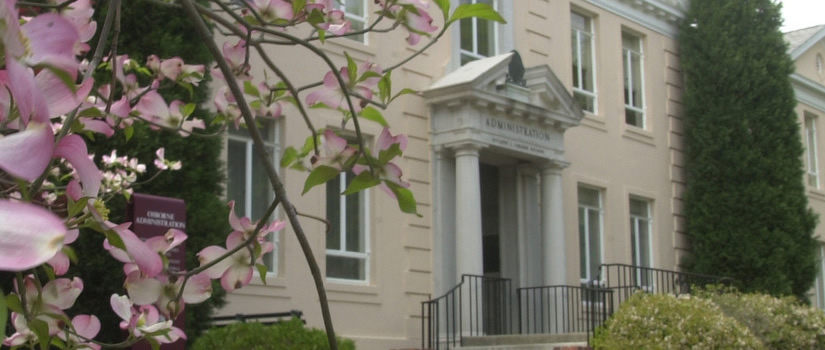Spring 2026 Retreat
The Spring Provost's Retreat will be held on January 30, 2026 at the IDEA Center at Gateway 737.

All Academic Deans; Associate Deans; Department Chairs; SmartState Chairs; Directors of Schools, Programs, Institutes and Centers; Carolina Distinguished Professors; Vice Presidents and Vice Provosts are invited to the Provost's Retreat, near the beginning of each semester.
The Spring Provost's Retreat will be held on January 30, 2026 at the IDEA Center at Gateway 737.